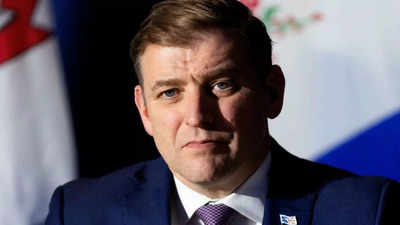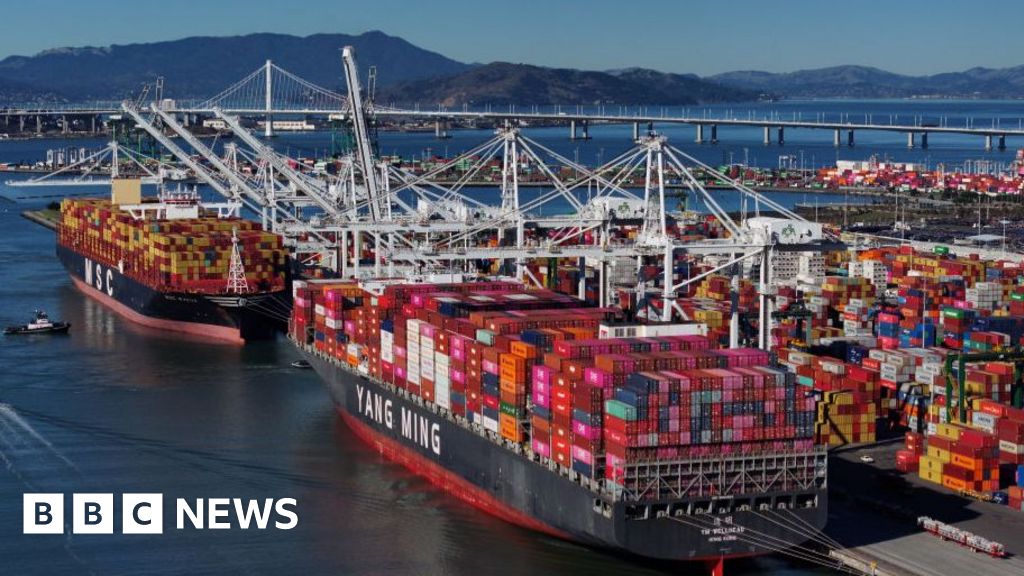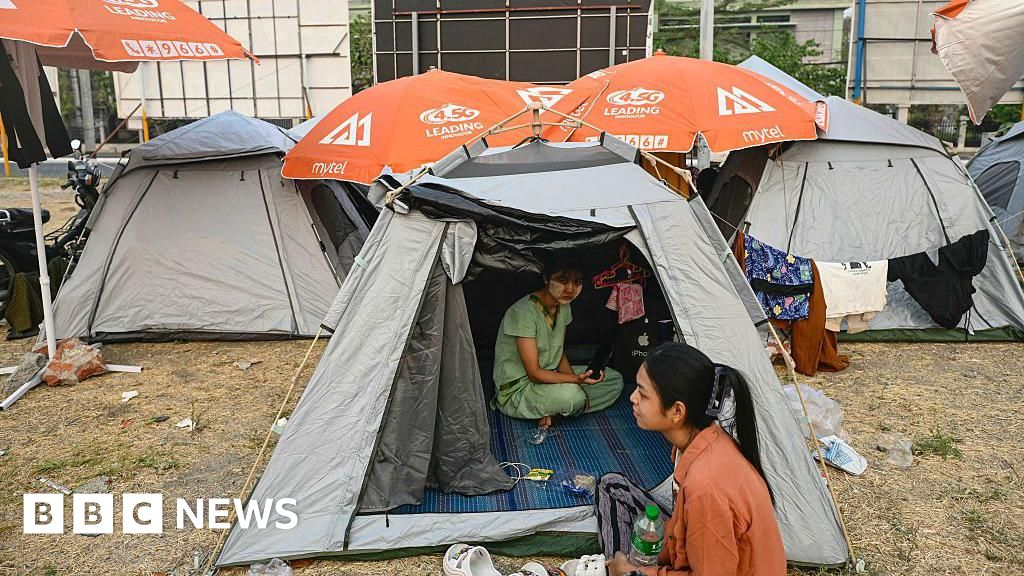
FILE PHOTO: Newfoundland and Labrador premier Andrew Furey
Andrew
Furey
has announced his resignation as the premier of Newfoundland and Labrador, bringing an unexpected end to his tenure. His departure, revealed Tuesday following a caucus meeting at Confederation Building in St. John's, caught many by surprise, including senior members of his government.
Furey, who took office in August 2020, said he would be returning to his career as an orthopedic surgeon. “It has been a wild and unexpected journey, right from the start to bring us here to today, to the finish,” he said. Fighting back tears, he concluded his speech by saying, “God bless the beautiful people of this province, and God guard thee Newfoundland and Labrador.”
Major achievements and challenges
Furey's decision comes just months after securing a historic memorandum of understanding with Quebec on hydroelectric power from Churchill Falls. The agreement, which he described as “history made and past wrongs rewritten,” would replace the contentious 1969 contract 16 years ahead of schedule and is expected to provide $200 billion in value to both provinces.
His time as premier was marked by significant challenges, including the COVID-19 pandemic, economic concerns, and ongoing healthcare system struggles. He also faced controversies, such as the use of travel nurses, a fisheries protest that disrupted a provincial budget, and a conflict-of-interest probe regarding a fishing trip with a billionaire, in which he was ultimately cleared.
Furey also played a role in international trade discussions, particularly amid tensions with the United States. Reflecting on recent talks with Trump administration officials, he warned, “We're looking at four years of erratic, crazy, bonkers behaviour by the president of the United States. This is going to be a pervasive problem for Canadians for the next four years.”
Family considerations and political timing
Furey cited family and electoral timing as key factors in his decision to step down. Newfoundland and Labrador’s fixed election laws require an election within a year of a party changing leaders, meaning the province could have faced back-to-back elections.
“We felt that this was the most stable thing to do, the most responsible to do for the people of this province,” he said. Furey confirmed he would remain in office until a new Liberal leader is chosen and ruled out running in the next federal election.
His wife, Allison Furey, expressed pride in his leadership, saying, “I think the province knows Andrew as somebody who gives 150 per cent, and he's done that for the last five years in this role as premier.”
Uncertainty over leadership succession
Deputy premier
Siobhan Coady
, who learned of Furey’s decision just before the announcement, said the party has not yet set a timeline for selecting a new leader. When asked whether she would consider running, she responded, “I haven’t even spoken to my husband since this announcement.”
Quebec Premier François Legault, who worked closely with Furey on the Churchill Falls agreement, praised him in a message of support. “With this historic agreement, we have transformed the relationship between Quebec and Newfoundland, making it one of the strongest relationships in the country,” Legault wrote on social media.
Furey will continue serving as premier until a successor is chosen, leaving uncertainty about the Liberal Party’s leadership as the province prepares for the next election.

 1 month ago
15
1 month ago
15










 English (US) ·
English (US) ·